My story with 100 Entrepreneurs in Africa -Aaron Senior - from Cambridge to Nairobi: Ambassadors of education and cultural practitioners across the continent
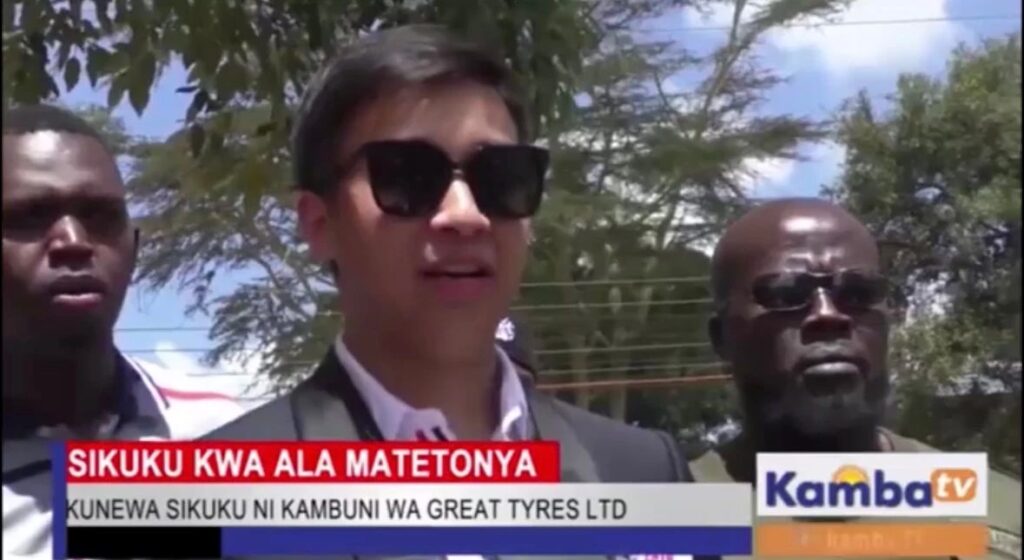
In the vast territory of the world, there is a brave and wise young talent — Zhang Junjian, English name Aaron. Born in 1992, he is like a bright star, shining in the vast sky of knowledge.
With his outstanding academic talent, Aaron successfully completed his master’s degree at the world-famous Cambridge University. In that temple full of academic atmosphere, he not only absorbed the nutrients of knowledge, but also wrote and published learning books, and published interdisciplinary papers in international journals as the first author, adding a bright color to the academic community. His study abroad experience is rich and colorful, footprints across many countries, including India, Cambodia, and some mysterious countries in Africa have left his struggle figure. Today, he chooses to settle down in Kenya, a land full of charm, devoting himself to the cause of education and quietly contributing his strength to cross-cultural communication.
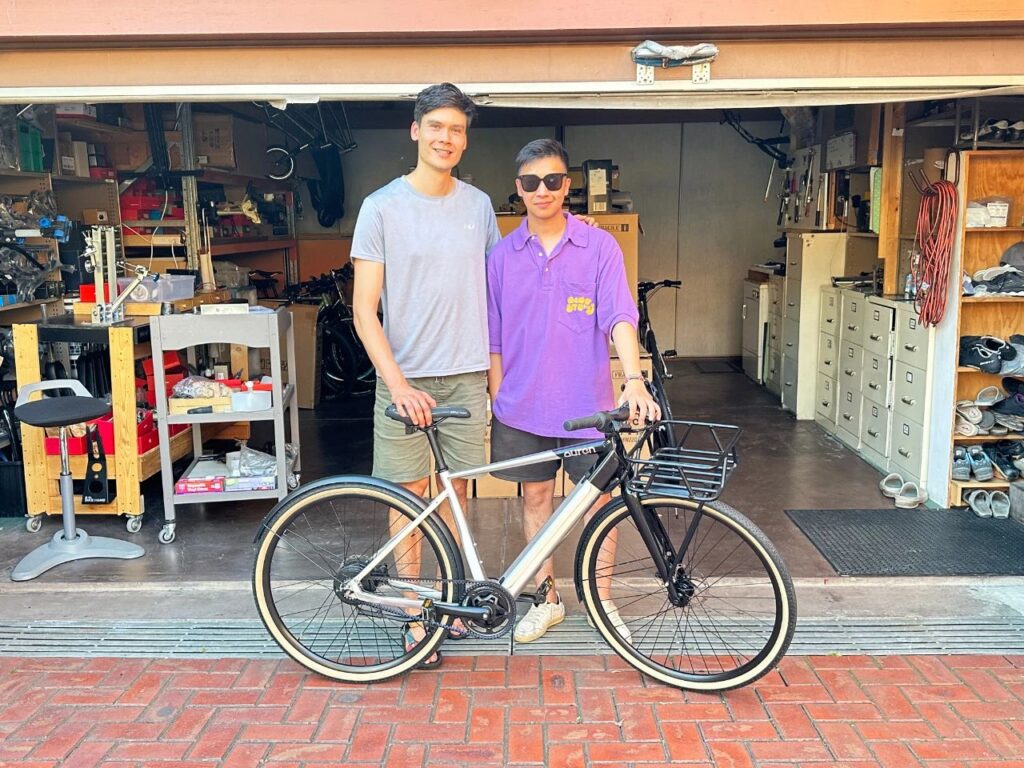
Speaking of his love affair with Africa, it is a wonderful story. In the well-known “African decade”, the video of Cambridge senior students doing second-hand tires in Africa, Zhang Junjian spoke about his indisdisable bond with Africa. In 2017, he actively participated in projects related to the Belt and Road Initiative, and in this process, he deeply appreciated the huge development potential and unlimited opportunities in Africa. Nairobi, this beautiful city, has a pleasant climate, the warm breeze like a mother’s touch, let people intoxicated. The original natural environment is like a gorgeous picture, the vast grassland, the galloping wild animals, all show the magic of nature. And the local enthusiastic culture, like a burning flame, deeply attracted Zhang Junjian. So, after graduation, he resolutely returned to Africa and started his own entrepreneurial journey.
While studying at Cambridge University, Aaron demonstrated a remarkable entrepreneurial spirit. He and a few like-minded classmates formed a small team to help Chinese students apply to overseas universities. They take care to provide students with high-quality clerical guidance and interview training, and through word of mouth, their services are gradually recognized by more applicants. In this way, they successfully harvested the first bucket of gold in life, and also laid a solid foundation for the future entrepreneurial road.
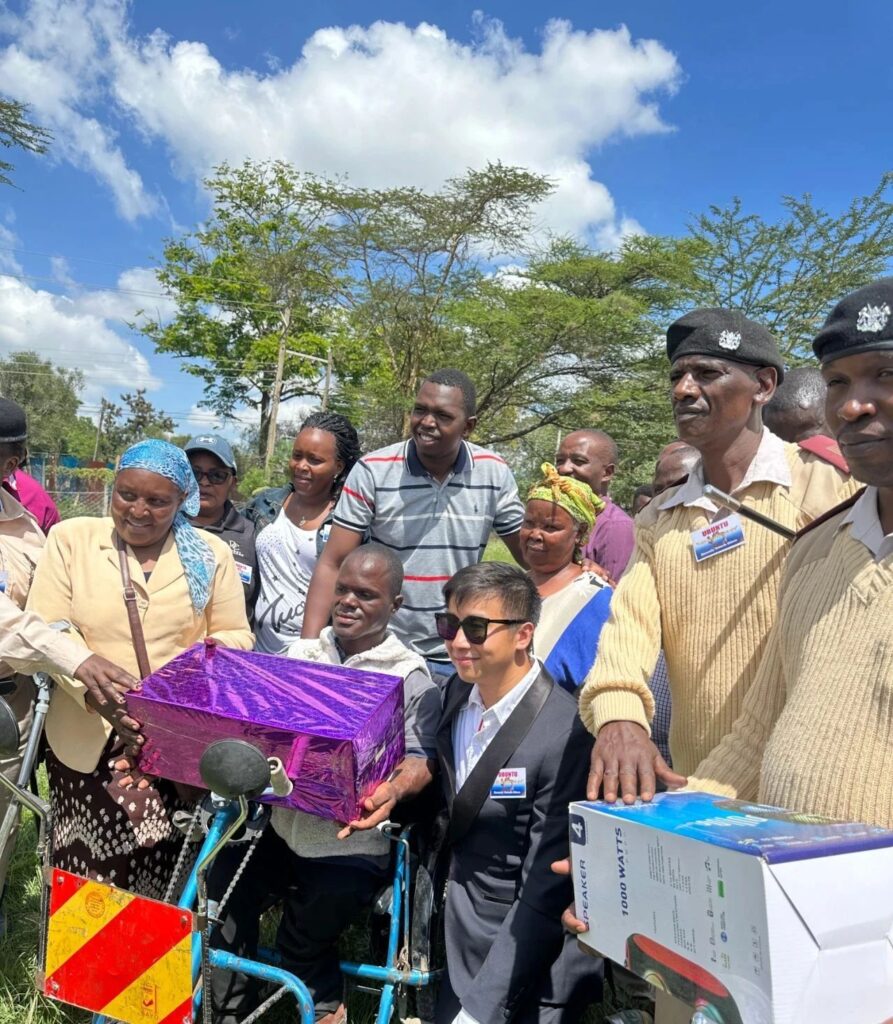
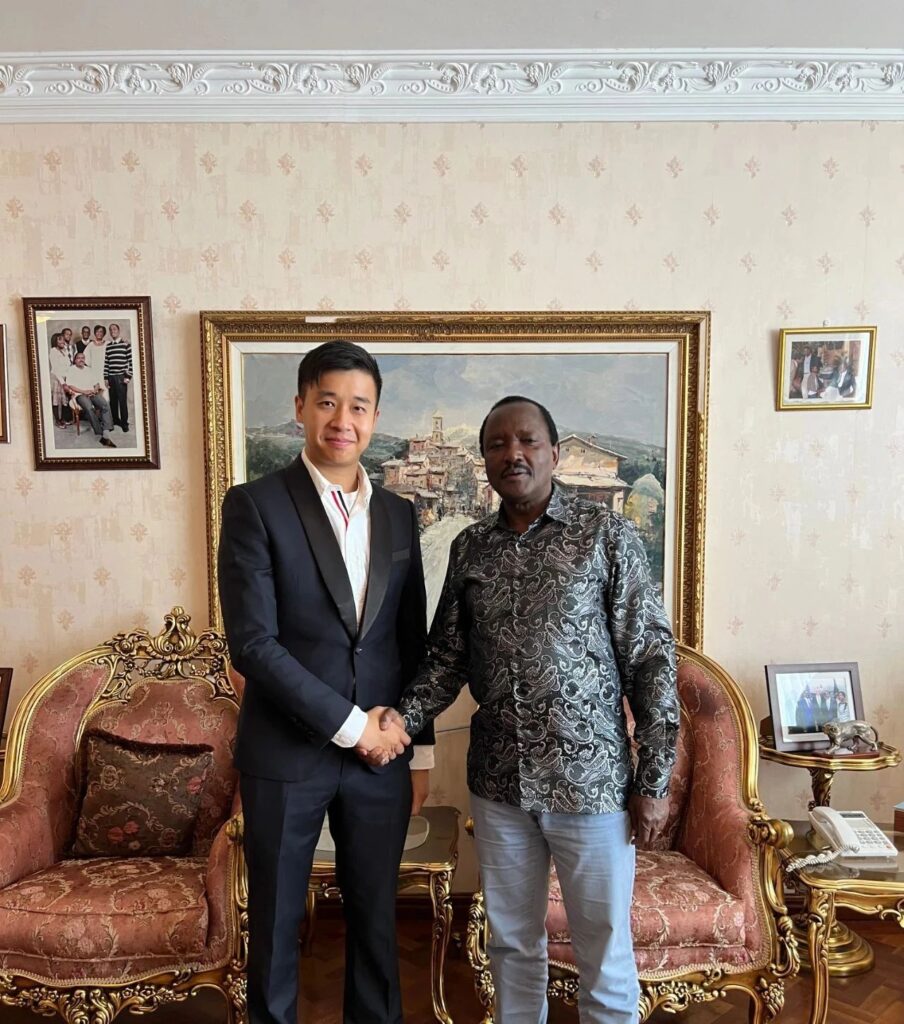
Today, Aaron works primarily in education and training in Africa. His business is divided into two wonderful segments. One is online English training, which he positioned as the “Pinduoduo” of English training. Here, students can have a wonderful English lesson for the price of two cups of milk tea. Aaron knows that language learning is a cumulative process, and only by speaking with native speakers can you really improve your English. So he made it cheap for his students to attend classes every day, believing that within a year or two, their spoken English would improve significantly. Second, he provides academic tutoring for Chinese students in Nairobi. The local international school is relaxed, with no textbooks and no homework after class. Chinese parents have always attached great importance to their children’s education, which can be described as “roll”. Aaron accurately grasped this pain point, gave full play to his own advantages, and provided students with intimate after-school tutoring services. My daughter is one of his clients. I believe that with Aaron’s support and efforts, my daughter can also be as excellent as him and enter a world famous university. I am very much looking forward to and optimistic!
For the future, Aaron is full of longing and expectation. He plans to extend the tutoring model to other groups in Africa and even local people, and he is eager to spread the hard-working Chinese culture, promote cross-cultural understanding and integration, and bring a new impetus and perspective to local education.
When it comes to the key factors for success in entrepreneurship in Africa, Aaron humbly says, “The revolution has not yet succeeded, we still need to work hard!” He is full of confidence in Africa’s future development. Africa is a magical land with vast expanses of land and rich natural resources, many of which have yet to be exploited. Local human resources also have great potential, though this is often overlooked. In the coming decades, Africa’s population is expected to double, which will undoubtedly lead to a dynamic consumer market and a strong labor pool.
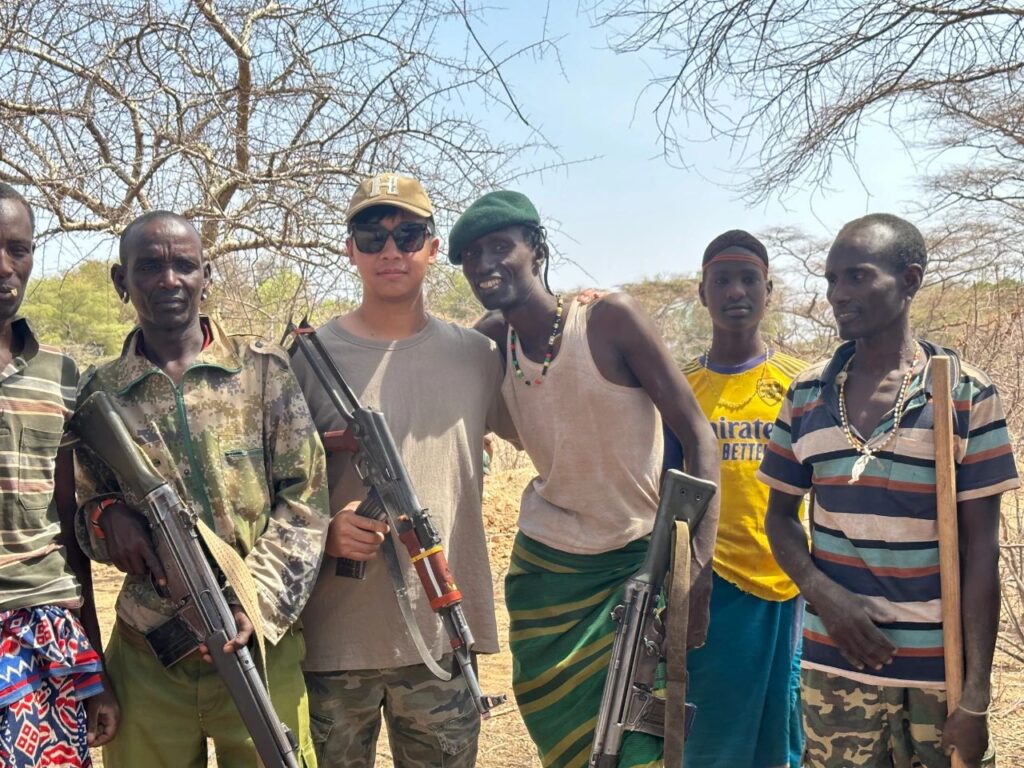

So how do you better integrate into local life in Africa? Aaron has always believed that it is important to do as the Romans do and to respect the local culture. The first step of integration is to learn the language well. English is like a bridge of communication, connecting people from different cultures. If you can speak a local language such as Swahili well, it is like a magic key that can quickly narrow the distance with the locals, and establish a deeper relationship, so that people can adapt to local life.
When Aaron and I met for the first time, we got along very well, and we talked about many practical problems in Africa in an endless way. He also took us to the local coffee shop of Ethiopia, which was very distinctive, and to the square where all Europeans and Americans went to eat glutinous rice and pineapple rice, as well as to the chocolate ice cream shop made by all deaf people. He had a much stronger sense of the beauty and feeling of Nairobi than I did, and later he promised to take us to eat all the food in Nairobi, which was a very wonderful thing and worth looking forward to. For people coming to Africa, Aaron sincerely advised: “Sharpening the knife should not be a mistake to cut wood, and sufficient market research is the foundation of success.” The African market is huge, with unlimited potential and relatively little competition, but domestic experience should not be simply applied. Africa is not a single country, different countries have their own unique language and culture, we should not use the past Chinese experience to underestimate the current African market. It is necessary to have a deep understanding of local needs and launch products and services that meet the actual needs of local people. At the same time, it is necessary to pay special attention to local consumption habits and culture to avoid unnecessary losses.”
Aaron, an educator and cultural traveler in Africa, is writing a wonderful chapter of his life with his wisdom and courage. He is like a shining star, illuminating the future of education in Africa and building a strong bridge for cross-cultural communication. Let’s work hard together!.

